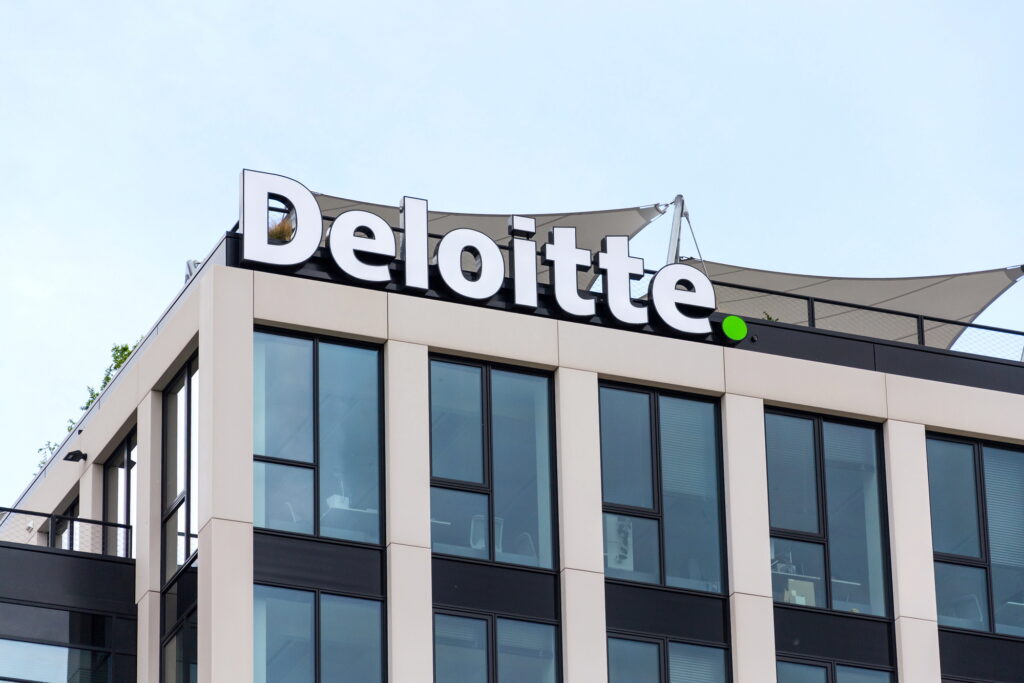Deloitte’s 12th Annual Global Chief Procurement Officer Survey 2023

Key takeaways
- In 2023, the role of the chief procurement officer (CPO) continues to face intense complexity as leaders navigate unprecedented levels of supply chain disruption coupled with procurement’s increasing value proposition at the heart of the enterprise.
- High-achieving CPOs see this volatility as opportunity, investing in talent, transforming their operating models and accelerating their digital transformation efforts to successfully deliver on business priorities.
- Allocation of time matters. Top-performing CPOs are leveraging digital advancements and outsourced talent models to remove themselves from tactical, transactional and operational work to focus more on strategic activities like business engagement or supplier collaboration.
Why this matters
For more than a decade, the “Deloitte Global Chief Procurement Officer (CPO) Survey” has served as an industry benchmark, revealing insights into the forces shaping procurement, supply chain strategies and performance. Following the COVID-19 pandemic and the unprecedented levels of supply chain disruption there has been a growing need for procurement to enable growth, mitigate inflation and drive significant levels of value. The 2023 survey delves into what makes top-performing CPOs or “Orchestrators of Value” — leaders who get everyone working together to play off the same “score” — and collaboratively build enterprises capable of orchestration.
See related article: Iberdrola, Deloitte, and AWS Launch Energy Solution that Maximizes Energy Savings in Electrified Houses
Shifting priorities
This year’s study revealed that procurement is engaging across a broader set of priorities than ever before, with environmental, social and governance (ESG) and corporate social responsibility (CSR) becoming increasingly important. Digital transformation remained a top priority as well as a key strategy found amongst Orchestrators of Value. Other insights include:
- Enhancing ESG and CSR jumped to the No. 2 priority spot (72%), up from No. 7 in the last report.
- Driving operational efficiency (74%) remained the No. 1 priority. Digital transformation (72%) tied for priority No. 2 (up from its previous No. 3 spot), while improving margins via cost reduction (71%) came in at No. 3 (down from No. 2 in 2021).
- The 2023 study found that Orchestrators of Value are three times more likely than their peers to be involved in digital transformation, the third most cited procurement priority.
Key quotes
“Following the COVID-19 pandemic’s unprecedented supply chain disruptions and the rising expectations for procurement to enable growth, CPOs are currently being challenged to do more, and better, with less. As we navigate this pivotal moment for the industry, investment and development of talent and operating models will likely differentiate the CPOs who win from everyone else.”
— Ryan Flynn, principal, Deloitte Consulting LLP
“The enablement of digital capabilities to aid decision-making and execution is allowing CPOs to build agile and digitally enabled procurement operations. Coupled with developments in AI and the speed at which it’s advancing means that procurement is in a state of constant change. From basic process streamlining to driverless organization enablement, AI is poised to help us make better, more data-driven decisions — and smart CPOs are paying close attention.”
— Jennifer Brown, principal and supply chain procurement offering leader, Deloitte Consulting LLP
Orchestrators of Value versus Followers
To help transform value chains, enhance third-party management, and maximize enterprise value beyond basic supplier cost reduction and risk mitigation, the CPO must take a leadership role in collaboratively building an enterprise capability of “orchestration.” When comparing orchestration capability against value delivered, the 2023 survey found that the top quartile of CPOs have a 25% performance advantage over their peers. These top quartile respondents were designated as Orchestrators of Value versus their peers, who were classified as Followers. This year’s study found that Orchestrators of Value focus on three main areas:
- Operating model design — Organizationally, procurement has seen a continued trend toward increased centralization of key capabilities. CPOs can optimize operational models by standardizing processes and policies, creating purposeful teams and using outside intelligence to inform their highest priority opportunities.
- Talent strategy — By sourcing capabilities more widely and investing in sophisticated talent development strategies, CPOs can not only close capability gaps, but also optimize for demand fluctuations, quality and cost.
- Digitization maturity — To achieve successful digital transformation, CPOs must accurately define the value proposition that technology is intended to solve for and the capacity for the broader procurement team to engage digitization programs in meaningful ways.
Looking forward: Top strategies to deliver value
What are CPOs focused on to deliver value amid an uncertain and complex global business environment? The answer focuses heavily on suppliers. Both supplier collaboration (No. 1) and supplier renegotiation (No. 4) require strong category management, good data transparency, and trust. These two top strategies also benefit greatly from advanced analytics and are enabled, in part, by the No. 2 strategy of digital transformation. Arguably the greatest impact CPOs can have on cost and risk is in defining demand, alongside internal stakeholders and even external customers. By helping to shape the specifications, volume commitments and timing of purchases, CPOs can play an active role in proactively managing the procurement industry’s current inflection point.
For additional results from Deloitte’s Global CPO Survey, read the full report here.
Source: PRNewswire












